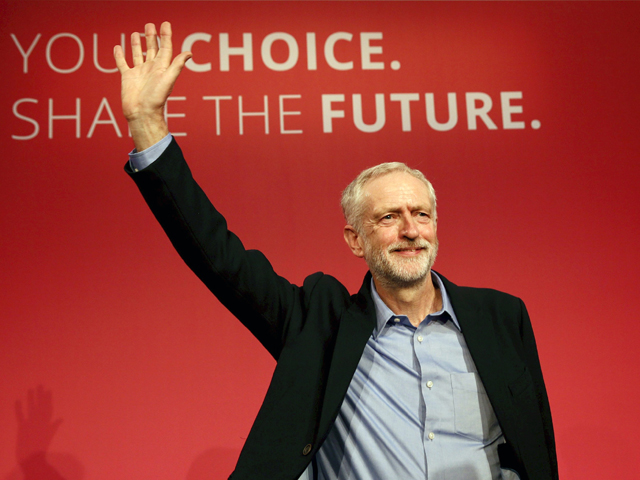
Accountability? Don't make me laugh!
Politicians know that there is no accountability so they continue to reap the benefits of the national exchequer.
It was recently reported in the media that Hosni Mubarak, former president of Egypt, will stand trial for his role in the deadly shootings of protesters during the uprising that resulted in his ouster.
It is alleged that Mubarak and his two sons conspired to kill protesters in order to intimidate them when the movement was gaining unprecedented momentum.
The prosecutor-general also outlined charges against the 83-year-old leader and his two sons, related to amassing wealth through abuse of power, enriching associates and accepting bribes.
Mubarak has also been accused of defrauding the Egyptian government of millions of dollars when he conspired with businessman Hussein Salem and sold gas at cheap rates to Israel.
This was no doubt a huge step forward in the history of the nation - holding a politician, whose hold on power was previously unquestionable, accountable for his actions.
Accountability is a word foreign to politicians in Pakistan.
In an ideal world, politicians are elected to serve their constituents. Being public officials, they are answerable to the people for all their actions.
Unfortunately, in Pakistan it seems like politicians treat their jobs as a birth right. Rather than to serve the people, they are there to rule them and exploit every opportunity that presents itself.
In fact a Pakistan Peoples Party (PPP) federal minister, Sardar Abdul Qayyum Jatoi, unabashedly claimed on a television show that “corruption is our right.”
Of course it is! Why else do our country’s resources exist except to be exploited by our elected officials?
The politicians know that there is no accountability so they continue to reap the benefits of the national exchequer at the expense of the people.
Nothing illustrates their total apathy like the fact that the Pakistani people and the media, learned of the Abbottabad incident from President Obama’s press conference and not through any internal sources.
That there was a nation of a hundred and seventy million confused Pakistanis wanting answers was of little concern to the government as the president made it his first priority to clear his position to the American people through an article in the Washington Post.
It seemed the presidency was more concerned about the American perception and the foreign aid. What about the people Pakistan? They’ll get over it.
And get over it they will. This is the norm of a country where, in the political arena, accountability for one’s actions is a foreign concept.
The Pakistani people are numb to stories about politicians defaulting on billion dollar loans, exploiting national resources and public sentiments for their own benefits and blatantly lying to their faces.
It is a sad reality with which the people have grown to live with.
Shaukat Aziz is alleged to have intentionally attempted to undersell Pakistan Steel Mills (PSM) during the privatisation scandal, going so far as to attempt to bribe General Qayyum to give a favourable response. Qayyum said he was told, “we will accommodate you on a very lucrative post. I told him, Sir, by making me such an offer you have disgraced me.”
Needless to say, Aziz was never held accountable for this nor any other violations. As it always happens with our politicians he was given a safe exit out of the country.
Another example can be given of President Pervez Musharraf, long time darling of the United States. Despite his mantra of spreading democracy, the US President George W Bush was happy to work alongside a military dictator, as long as it served his purposes.
President Musharraf desecrated the constitution in a desperate attempt to hold onto power, yet was allowed a safe exit out of the country by the incoming president, even when there were questions of his involvement in the death of the latter’s wife, Benazir Bhutto.
Politicians are always happy to do secret deals and safe exits, because in their world,
“It is you today, it could be me tomorrow.”
Even this did not come as a surprise. After all, we are talking about Pakistani politicians.
The French philosopher Joseph Marie de Maistre once proclaimed that every country gets the government that it deserves.
So is the case with Pakistan.
Our leaders don’t just assume power from nowhere. They are put there by the people, if not through elections, then through our apparent consent.
It is a great pastime of our nation to sit and complain about the corrupt politicians in power, but time and again we have shown that every time we head to the polls, we elect those very same politicians to power that we accuse of corruption and incompetence. And unless that changes, I am afraid, things will never get better for Pakistan.
So the next time we find ourselves moaning about the government, let’s take a long hard look in the mirror.




COMMENTS (1)
Comments are moderated and generally will be posted if they are on-topic and not abusive.
For more information, please see our Comments FAQ